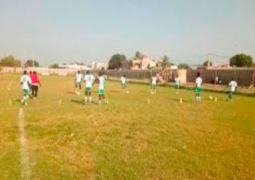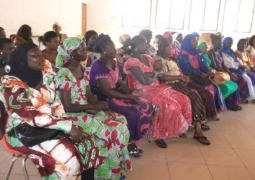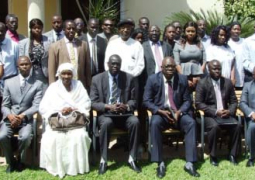It is true that the media, just like many other fields of work in this country, has some amount of skills gaps.
But it will be just and fair to say that a lot of improvement has taken place over the years, and professionalism in the job has been exceptionally nurtured by various institutions and outsourced training.
When we look at where we were two decades ago, we believe the quality of journalism is rapidly improving.
And we are optimistic that it will continue to improve looking at the present trend of development in the country’s media industry.
To start with, the piloted project ‘Professional Reporter Diploma Programme’ implemented by the Gambia Press Union (GPU) and bankrolled by Gambia Media Support (GAMES) is now institutionalised.
The GPU is empowered by GAMES to establish a full-fledged journalism school, which is already accredited by the National Training Authority.
Currently, students who make up the first batch of intake at the school are to complete their two-year intensive education, which focuses on core journalism as well as pedagogical skills.
We are very impressed with young journalists undergoing this course and our optimism even soars as we are hopeful that these people will really augment the standard of journalism in the country.
Also, the University of The Gambia has started a faculty on journalism and digital media studies.For the first time, one can bag a degree in journalism in the Smiling Coast.
As the GPU and the university continue to turn in graduates with advanced diplomas and bachelor’s degrees in journalism, the standard of journalism in The Gambia is set to further improve a notch-higher.
However, it does not mean that before the advent of the GPU Journalism School and the UTG faculty of journalism, journalists in the country were not professionally-trained.
Far from it!We have several tertiary institutions offering journalism studies as part of broad range of courses they do.Even with that, we can say for certain that nobody enters the newsroom without prior coaching.
And there are more experienced senior journalists who train young ones to almost perfection in the job.
What is more fascinating about journalism is that you don’t need to be a university graduate to be the finest journalist.
There is more to excellence in journalism than academics; although we are not in any way downplaying the importance of education in journalism.
With institutions and programmes like GPU GAMES and the UTG journalism faculty, we are all the more hopeful that the future is bright for Gambian journalism.
“I am grateful to journalism for waking me up to the realities of the world.”
Eduardo Galeano




